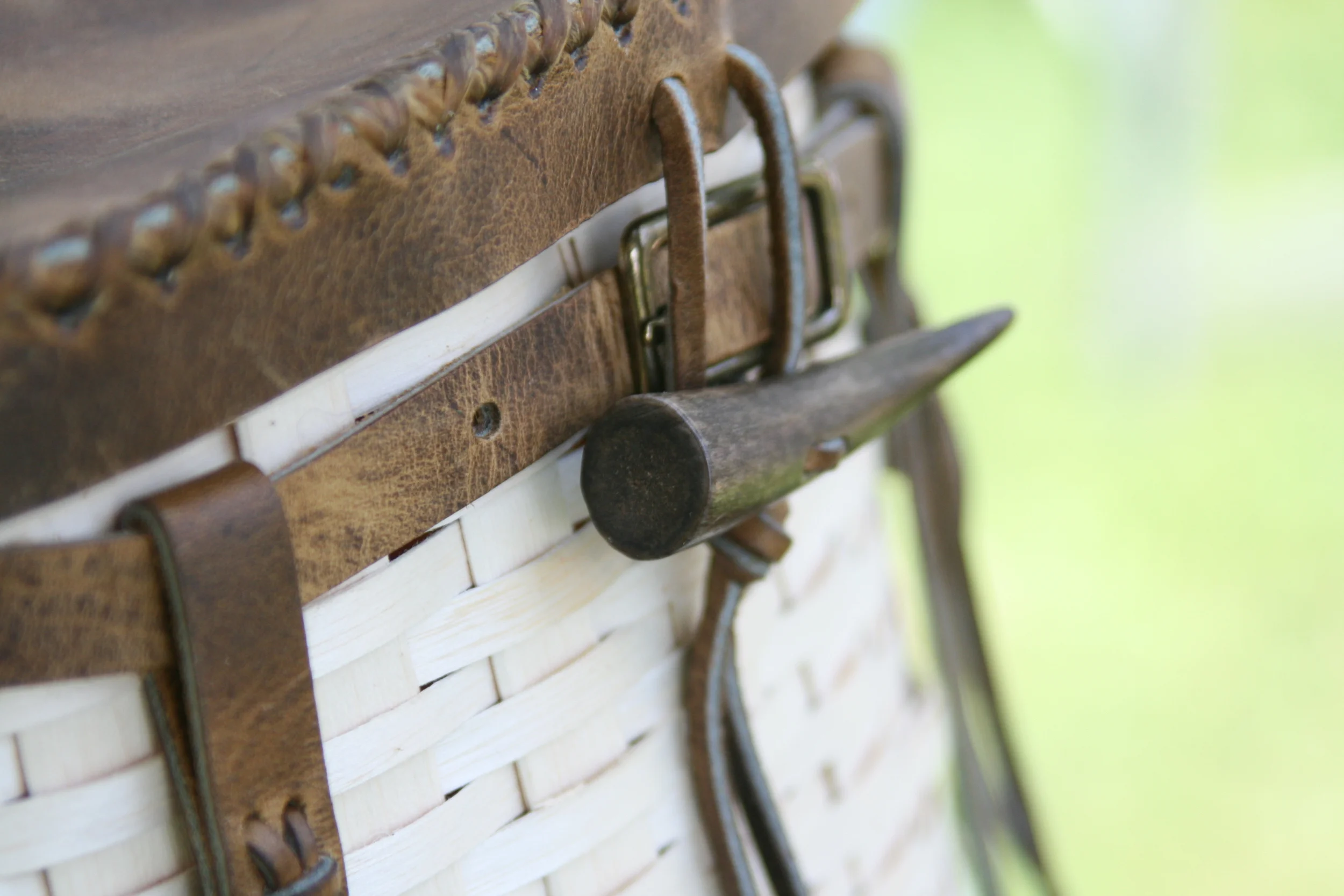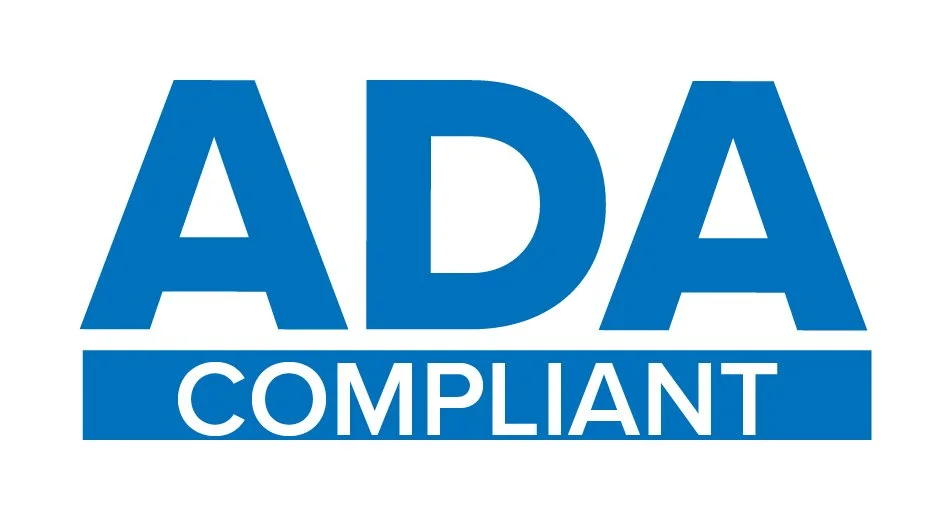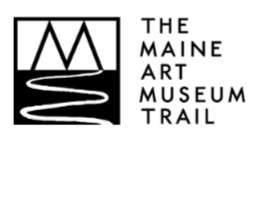Abbe Launches Archaeological Advisory Committee
/It’s August, the time of year when the Abbe Archaeological Field School happened for many years. As many of you may know, the field school is currently on hiatus as we begin the process of finding the right place for archaeology in our decolonizing museum practices.
The Museum is beginning the process of addressing our archaeological research, collections, and interpretation through the formation of an Archaeological Advisory Committee. The Abbe Museum, in partnership with Acadia National Park, is excited to launch this new project as part of our Decolonization Initiative, and we’re working under a Cooperative Agreement to partner with the Wabanaki Nations of Maine to inspire new learning, to understand issues of stewardship of heritage resources, and to provide opportunities for co-management of research about Wabanaki history and archaeology.
The Abbe was founded in 1926 around goals to collect, preserve, and interpret the archaeological record of the region, and we have been doing archaeological research in the Wabanaki homeland since 1928. However, like most archaeological work in North America, this was not done with any involvement with or consideration for the Wabanaki people themselves for many decades. In recent years, the Museum has begun to work more collaboratively on some aspects of our archaeological content, but as a decolonizing museum, we know that we need to do so much more.
We will bring together an outstanding group of knowledge-keepers from the Wabanaki communities and the field of archaeology to help us assess where we are, think about what role archaeological research, collections, and interpretation should have in the Wabanaki homeland, and to bring current best practices in Indigenous archaeologies to shape the future of our work at the Abbe Museum and in Acadia National Park. This group includes more than 10 Indigenous archaeologists and anthropologists, and several non-Native archaeologists who have shown a strong track record of working collaboratively with Indigenous communities. The Abbe team is very grateful to everyone who has agreed to share their time and expertise to kick off the process!
Acadia National Park resource managers will join the process, to listen and learn about issues of heritage resources stewardship, offer insights from their experiences, and collaborate with the Abbe Museum and Wabanaki Nations to protect Wabanaki archaeological resources. Wabanaki archaeologists, anthropologists, and Tribal Historic Preservation Officers from the Penobscot Nation, Passamaquoddy Tribe, Houlton Band of Maliseet Indians, and Aroostook Band of Micmacs will be members of the committee. Indigenous archaeologists from colleges and universities in New England and the Canadian Maritimes and from the National Park Service (NPS) will be joined by non-Native archaeologists and anthropologists from our region, the NPS, the Smithsonian, and beyond.
The initial on-site meeting of the Archaeological Advisory Committee will take place this November. This meeting will be followed up by virtual meetings and collaborations, both with the full committee and in smaller working groups. Our hope is to develop guiding principles, priorities, best practices, and protocols to re-envision archaeological research, collections management, and interpretation, not only at the Abbe but across the Wabanaki homeland.
Julia Gray is Director of Collections & Research at the Abbe Museum. As a non-tribal museum whose work focuses on the Wabanaki (the Native people of northern New England and easternmost Canada), the Abbe is committed to a vision to reflect and realize the values of decolonization in all of its practices, working with the Wabanaki Nations to share their stories, history, and culture with a broader audience. Gray’s work in collections management and care, exhibit development, research, and community outreach has engaged extensively with the decolonizing vision of the museum, most recently in the development of our core exhibit, People of the First Light.








